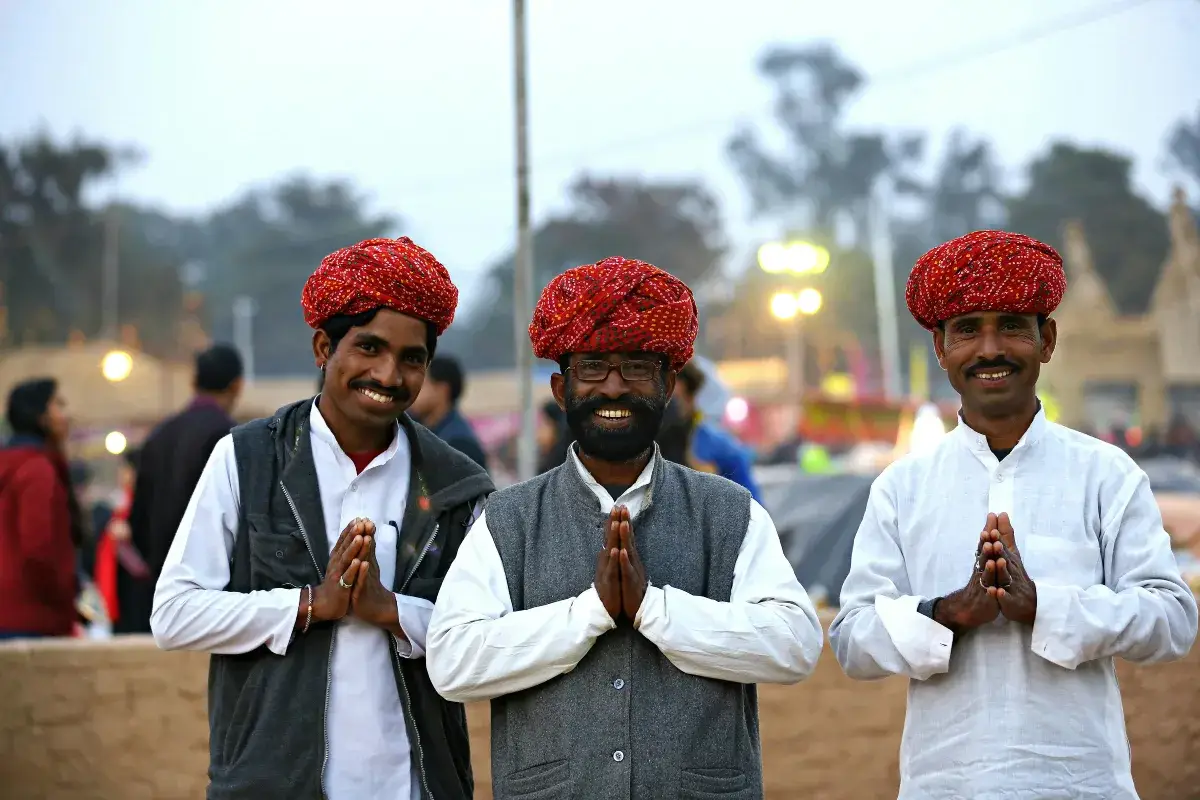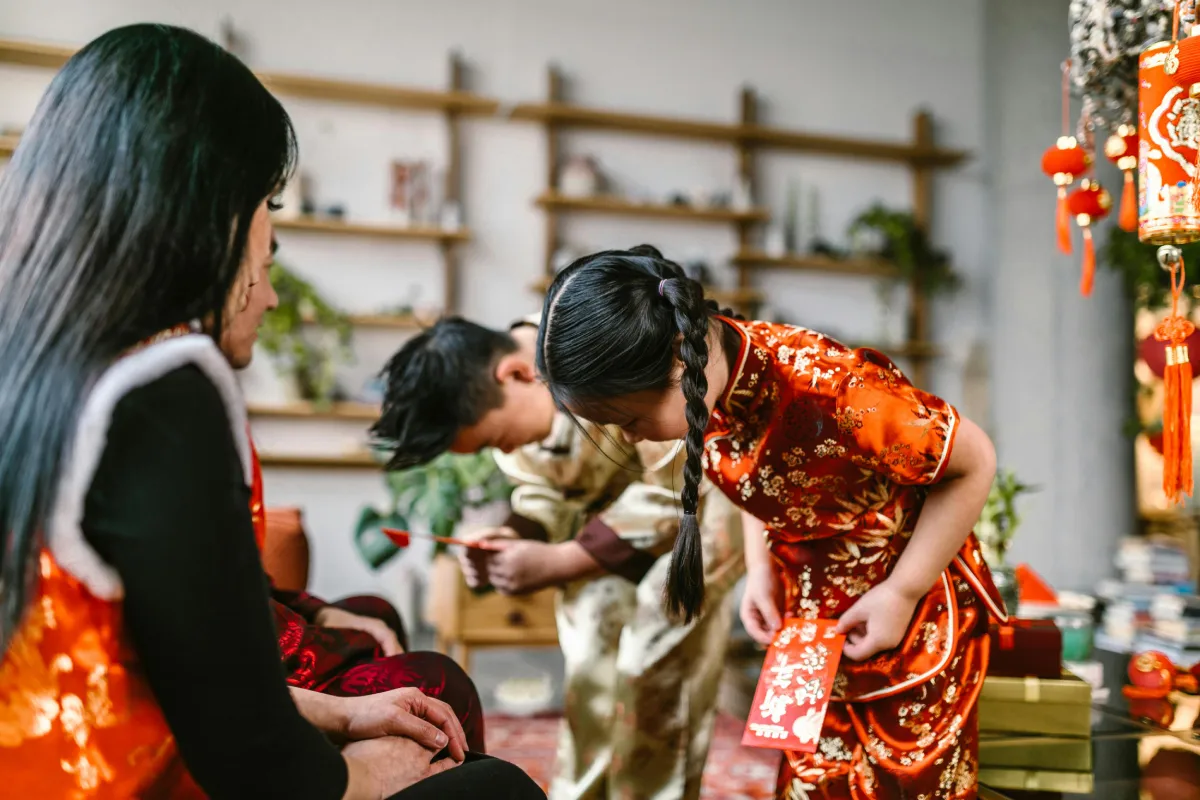Cultural Etiquette: How to Respect Local Traditions When Travelling
Travelling offers incredible opportunities to experience new cultures, traditions, and ways of life. However, failing to respect local customs can lead to misunderstandings or even offence. Understanding cultural etiquette is crucial for fostering positive interactions and enriching your journey. Want to know more? Read our blog to learn about critical local customs in various countries

Travelling offers incredible opportunities to experience new cultures, traditions, and ways of life. However, failing to respect local customs can lead to misunderstandings or even offence. Understanding cultural etiquette is crucial for fostering positive interactions and enriching your journey.
Want to know more? Read our blog to learn about critical local customs in various countries and travel tips for understanding and respecting cultural norms.
Why Cultural Etiquette Matters When Travelling

Travelers often focus on sights, food, and fun. However, knowing cultural norms can improve your experience. Here’s why it matters:
Builds strong ties: Locals value visitors who try to learn their traditions.
Avoids unintentional offence: What’s acceptable in one country may be disrespectful in another.
Enrich your travels: Engaging with traditions makes your journey deeper and expands your view of the world.
Promotes responsible tourism: Ethical travel includes respecting cultural heritage and practices.
General Travel Tips for Respecting Local Customs

Here are some general guidelines for respecting local customs and traditions:
Research Before You Go
Before arriving at your destination, learn about its customs, taboos, and social norms. Sound sources include travel blogs, guidebooks, and government travel advisories. Key aspects of research include:
- Appropriate greetings and gestures
- Dress codes in religious or traditional settings
- Dining etiquette and tipping norms
- Religious practices and expectations
- Public behaviour and body language
Dress Modestly and Appropriately
Attire plays a significant role in cultural etiquette. Many countries have dress codes influenced by religion or tradition. Modest clothing is expected in conservative countries like the Middle East or parts of Asia. When visiting temples, mosques, or churches, covering shoulders and knees is often required. Research local attire norms to ensure you dress respectfully.
Learn Basic Local Phrases
Even if English is widely spoken, learning a few key phrases in the local language shows respect. Simple greetings like “hello,” “thank you,” and “please” can make a great impression. In some cultures, using formal address forms is essential.
Be Mindful of Personal Space and Gestures
Non-verbal communication varies significantly across cultures. What may be considered friendly in one place could be rude elsewhere. In Thailand, touching someone’s head is disrespectful. In Japan, bowing is a standard greeting, whereas a handshake is preferred in Western countries. In many Middle Eastern cultures, using the left hand for eating or handshakes is considered unclean.
Show Respect in Religious and Sacred Sites
Religious sites hold deep cultural significance. Observing the correct etiquette is essential: Remove your shoes when entering temples or mosques. Refrain from loud conversations or disruptive behaviour. Seek permission before taking photos, especially of religious ceremonies.
Understand Dining Etiquette
Dining customs vary across the world. Familiarising yourself with meal etiquette can prevent awkward situations. In Japan, slurping noodles is a sign of appreciation, but it’s considered rude in Western cultures. Eating with the right hand is customary in India and parts of the Middle East. Tipping customs vary. In some countries, tipping is expected; in others, it may be considered unnecessary or rude.
Respect Local Laws and Social Norms
Different countries have unique laws and social expectations. Some key areas to be aware of include:
- Alcohol consumption: Some countries have strict regulations on drinking in public.
- Public displays of affection: In conservative cultures, PDA may be frowned upon or even illegal.
- Photography rules: Some places do not allow photos of government buildings, religious sites, or people without permission.
Cultural Etiquette Around the World

Here are some cultural etiquettes that are important to follow around the world:
Asia: A Deep Respect for Tradition
Asia is home to diverse cultures with unique customs.
Japan: Bowing is a respectful greeting; removing shoes before entering homes is expected.
China: Avoid pointing with your finger; instead, use an open palm to gesture.
India: Greetings often involve a ‘namaste’ with hands pressed together.
Middle East: Hospitality and Conservative Customs
The Middle East is known for its strong traditions and hospitality.
Saudi Arabia: Modest dress is required, and public affection is discouraged.
UAE: It’s important to greet with a handshake but only with the right hand.
Turkey: Hospitality is key; declining an offer of tea may be seen as impolite.
Europe: Formality and Cultural Sensitivities
European countries have distinct customs, with formality often playing a key role.
France: A light kiss on both cheeks is a standard greeting among friends.
Italy: Loud conversations in public are expected, and meals are considered social occasions.
Germany: Punctuality is highly valued, and being late is considered disrespectful.
Africa: Community and Respect for Elders
Many African cultures emphasise community, respect, and hospitality.
South Africa: Greetings often involve a firm handshake and direct eye contact.
Kenya: Elders are highly respected, and greeting them properly is essential.
Morocco: Bargaining in markets is common, but it should be done respectfully.
Latin America: Warmth and Expressiveness
Latin American cultures are known for their warmth and expressiveness.
Mexico: Greetings are often warm, with hugs and handshakes being common.
Brazil: Personal space is smaller, and physical touch is a normal part of conversation.
Argentina: When dining, avoid discussing sensitive topics like politics or money.
Final Thoughts: Be a Respectful and Informed Traveller
Respecting cultural etiquette while travelling enriches your experience and strengthens connections with locals. Research local customs, pay attention to social norms, and show respect in every interaction. This will make your journey more immersive and rewarding. Learning about local traditions can enhance your experience no matter where you travel.
Use these travel tips to respect local customs. This way, you can confidently explore the world and care for different cultures. Have you encountered unique cultural etiquette on your travels? Share your experiences in the comments!